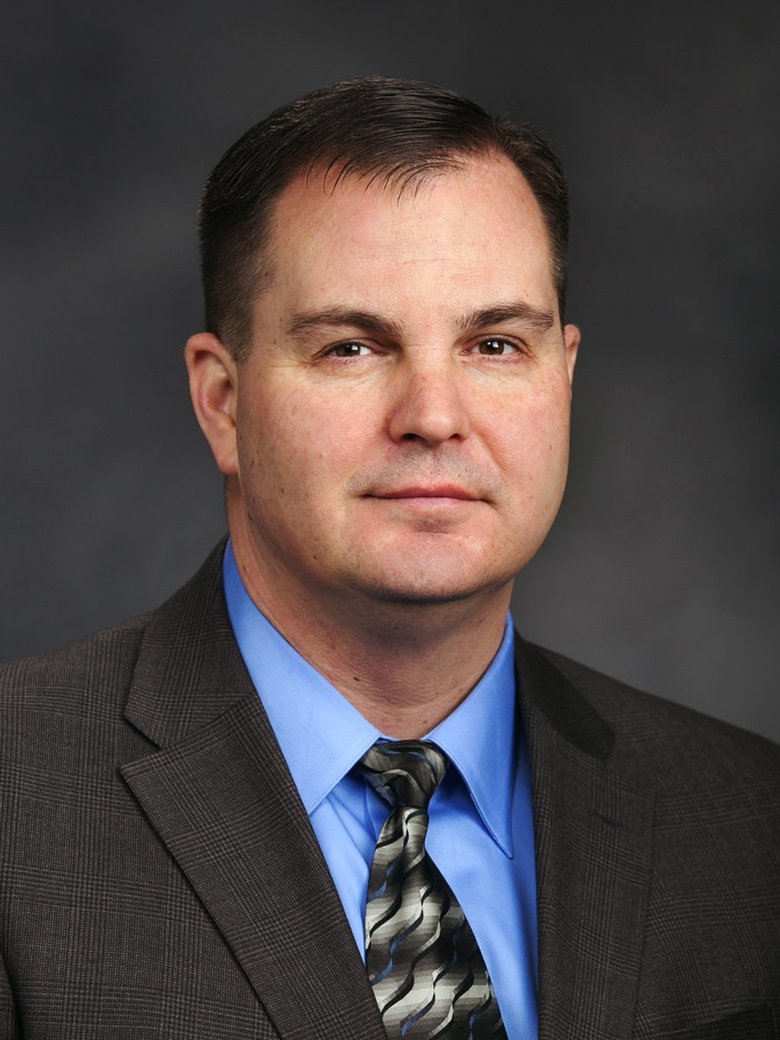As they develop a historic education-funding solution, Washington lawmakers should be providing more opportunity, not less, for public input.
WASHINGTON lawmakers must provide the public with frequent opportunities to weigh in on their plans to overhaul the state education-funding system.
This is the most consequential legislation in decades. All Washingtonians will be affected whether they have children or not, because the task involves tax changes and adjusting spending priorities.
Residents are keenly aware that lawmakers have failed for years to fully fund basic education and are close to a solution.
Even so, the urgency of the situation does not justify shorting public involvement. There is plenty of time in this legislative session to get this done the right way.
Lawmakers should be encouraging citizen participation at every step and preparing for a deliberate, transparent process to finalize their education plan and budget.
So it’s a concern that last Friday, the Senate Ways and Means Committee declined to provide a standard public hearing on key education-funding bills.
The bills outline Gov. Jay Inslee’s proposals to fund education and other programs with new taxes on capital gains, service businesses and carbon emissions.
Punting the bills was a tactical maneuver by the committee chair, Sen. John Braun, R-Centralia.
His reasoning: House Democrats still haven’t finished their education-funding proposal, and passing the bills to the full Senate will allow for negotiations to continue. It also enables the Senate to vote on the specific tax proposals.
The value of such maneuvers can be hard to see in the real world outside the Capitol. Elsewhere in Washington, there’s widespread concern that partisan politicking is why it’s taking so long to solve this crisis.
Braun said Inslee’s budget proposal was considered during an earlier public hearing before the committee. But that was on the second day of the Legislature, before the current tax bills were in hand.
Lawmakers should welcome additional input through the forum that hearings provide. Public participants now have the benefit of additional analysis by legislative staff and others, and have had time to reflect and compare various funding options.
The hard-charging Ways and Means Committee also limited public participation when it advanced Senate Republicans’ education proposal in January.
That ambitious proposal — to rejigger property taxes and create a new student-centric funding model — was released on a Friday. The committee waived the standard five-day notice of a public hearing and held a hearing the following Monday.
Braun is a thoughtful lawmaker committed to improving public schools. He should be one of the leaders who gets it done.
But if he and lawmakers from either party want to show they’re taking the high road toward an education-funding solution, they should provide more opportunities for public involvement and not less.


The opinions expressed in reader comments are those of the author only, and do not reflect the opinions of The Seattle Times.